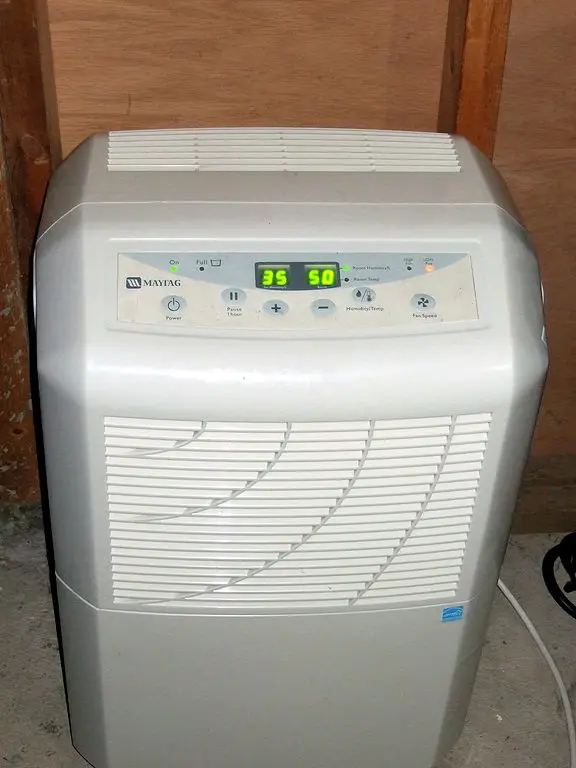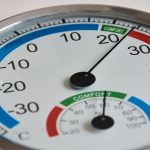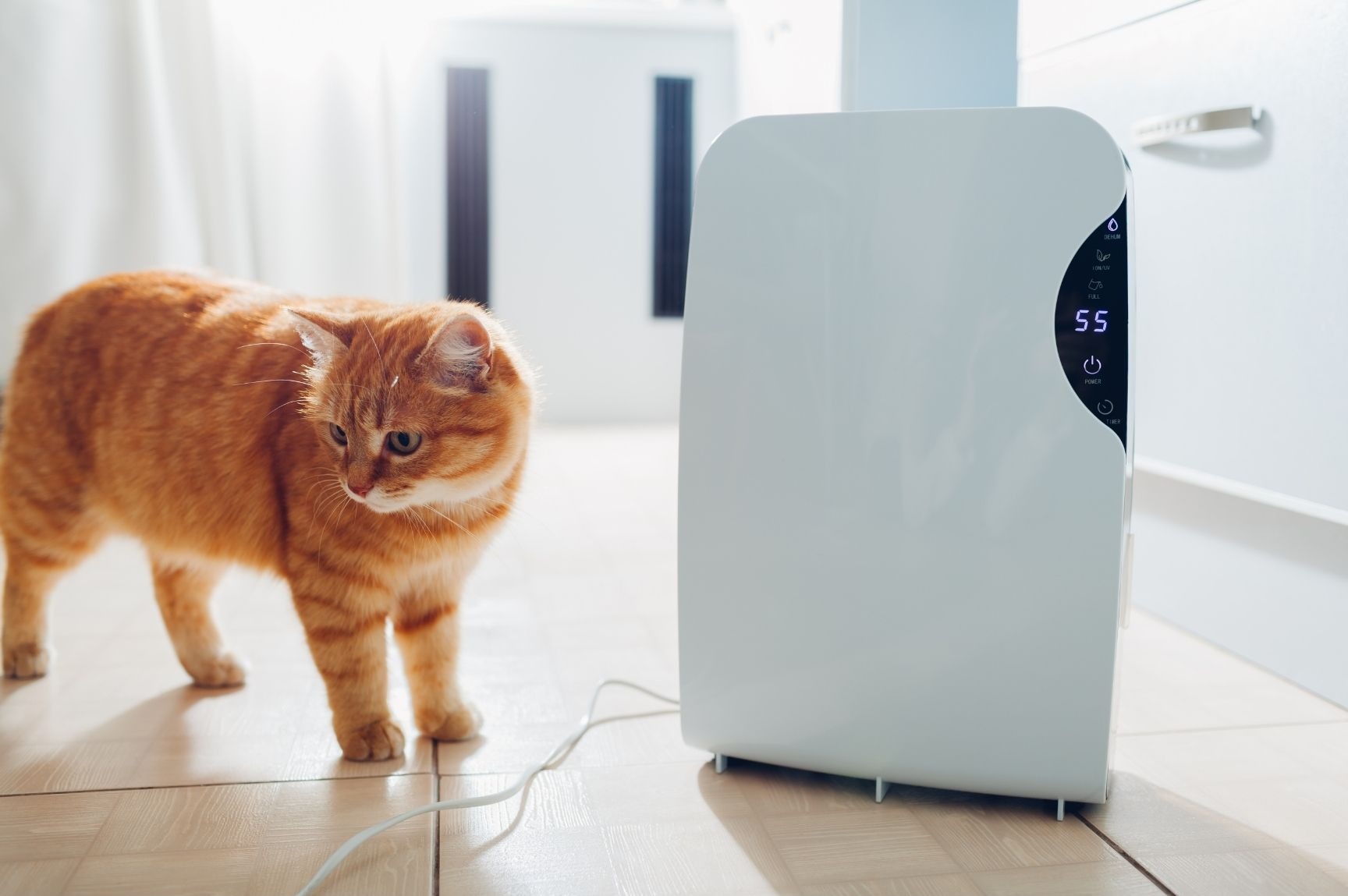In the southern south, in the hot and muggy, swampy months, a dehumidifier may be the best thing to come along since sliced bread. But like anything else, you’ve got to weigh the good with the bad. For all the advantages of a dehumidifier, there are some
Table of Contents
Disadvantages of dehumidifiers
- Regular Maintenance
- Noisy
- High Energy Usage
- Make the room hot
- Seasonal
- Bulky and unattractive
- Bacteria and mold farm
- Work to well
1. Regular Maintenance
The tank that the humidity is extracted in to has to be emptied on a regular basis.
In fact the unit will not even run once the tank is full because of a built-in safety cut off.
There are also times when it takes a longer time for the tank to fill up, which means the water sitting in the tank has a chance to become full of bacteria and mold.
That means you have to keep the tank emptied even when there is not enough humidity in the air to alert you that the extraction tank is full.
2. Noisy
Dehumidifiers run much the same as a window air conditioner. Except that the whole unit is inside of the house instead of being partially outside a window.
You can expect the level of noise to be similar to a window air conditioner.
3. Make the room hot
This goes along with number two on the list.
Dehumidifiers work very much like a window AC that is not vented out of a window.
If you have ever been behind a window air conditioner while it is running, you know how much heat comes off the back of the machine.
Imagine that same heat inside of your room while the dehumidifier is running.
And since dehumidifiers are mainly used in higher temperatures, it is probably safe to say that you’ll not want to be in the same room with it while it’s running.
4. High energy use
You can expect your energy bill to reflect the use of a dehumidifier.
The amount of energy that a dehumidifier uses can be compared to your refrigerator.
The amount of energy that a dehumidifier uses versus the HVAC running full force to combat the humidity probably makes the extra energy that a dehumidifier uses worth it. But this is an article about the disadvantages of dehumidifiers and not the pros.
 5. Bulky and unattractive
5. Bulky and unattractive
There is not much ambience that a dehumidifier can add to the decor of a room.
They are definitely not made to match the furniture and the drapes.
Out of nessasity, they are required to be large enough to fit several gallons of water in them.
White and boxy is the look we’re going with here.
The bigger unit you purchase, the more white and boxy you can try to fit into your furniture plan.
6. Seasonal
Another point that leads out of number 5 on this list is that dehumidifiers are seasonal.
If big and boxy weren’t enough, they are only typically only useful two to three months out of the year.
There are dehumidifiers specifically designed to run in the winter, so if that is what you have in mind, you can expect to get 4- 5 months.
Most people will probably want to store it in the off months because of how bulky and unattractive it is.
Although many of us who live busy lifestyles may not get around to storing it or even have a place to.
Regardless of the circumstance, emptying the tank and preparing it for storing is a must.
7. Bacteria and mold
Dehumidifiers must be cleaned and sanitized regularly.
Because of the nature of how the unit works and the fact that it contains standing water, bacteria and mold have everything they need to run rampant.
High humidity helps facilitate indoor air pollution because humidity droplets act like containers that can house and travel with air pollutants throughout a home.
So not only does the dehumidifier risk having mold and bacteria because of it being standing water, the humidity that is being transformed into condensate and collected in the dehumidifier is also full of pollution collected from the air.
Mold growing inside of the dehumidifier eventually turns into mold spores flowing through your air.
Mold spores are one of the most common triggers for allergies and asthma attacks in the home.
That also brings up the point that dehumidifier water is not safe to consume.
There are many people who say the dehumidifier water is basically clean because it comes from condensate and goes through a distillation process.
Distillation actually is a process of boiling water and collecting it back through the steam condensate.
Though dehumidifier water is probably safe to water your plants because of the UV disinfecting sunlight that plants are exposed too
I would not drink it or let my pets drink it.
8. Work too well
Finally there is always the point that dehumidifiers can work too well.
Though you will find on most modern dehumidifiers sensors that will not allow dehumidifiers to run when the humidity is below a certain point.
That is not always the case and running a dehumidifier when you do not need it can actually extract the humidity you do need out of the air.
Dry air has its own list of problems including airborne dust and the risk of dehydration.
 Final thoughts
Final thoughts
Dehumidifiers or one of the best ways to reduce humidity inside of your home and increase your comfort level during the hot muggy months. They not only help with comfort, they help your air conditioner do its job without having to run full force.
But for all the pros of having a dehumidifier, they do have their disadvantages.
One of the biggest disadvantages of using a dehumidifier is the fact that the extraction tank has to be emptied on a regular basis.
That includes times when the humidity is not high enough to feel the take up.
Standing water in the tank can become a bacteria and mold problem very quickly.
Other disadvantages include how hot a room where the dehumidifier is operating can get and how noisy it makes the room.
Finally, there is nothing very attractive about a dehumidifier.
But there is always exceptions to the rule.
There are many companies that have addressed all of these concerns with dehumidifiers.
And hopefully this list can give you a good starting point on what to look for and avoid when purchasing a dehumidifier.








